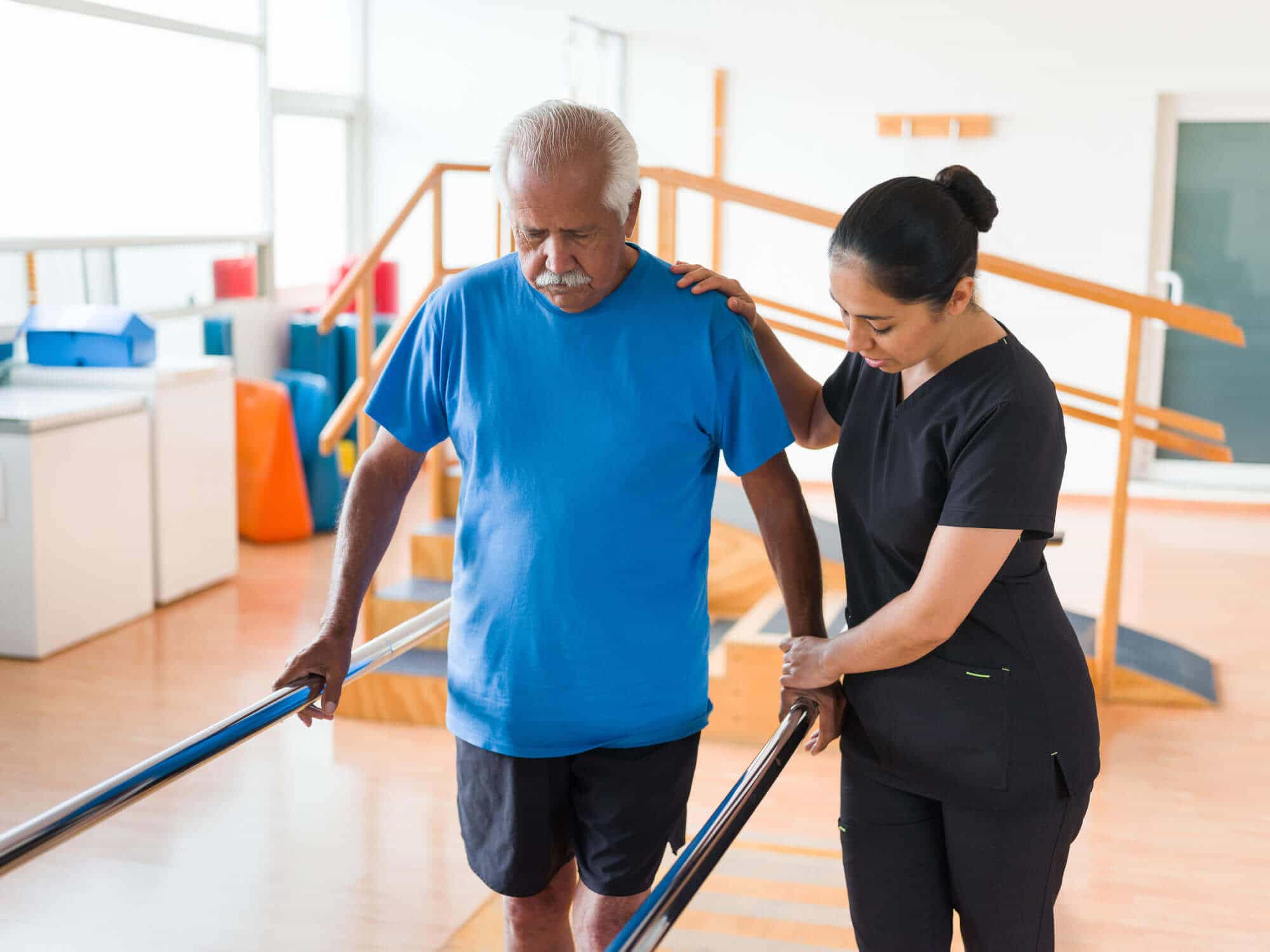Leveraging Cognitive Fortitude to Enhance Performance in Athletic Recovery
Wiki Article
Mental resilience is an essential trait that can significantly improve results in physical rehabilitation. Sportspeople often grapple with injuries that necessitate time away from their training, which can be both physically and mentally challenging. Psychological toughness refers to the ability to remain grounded and positive in the face of hardship. It helps players cope with the stress of healing, stay committed on their milestones, and maintain motivation throughout the healing process. By developing mental resilience, individuals can enhance their recovery experience and return to their discipline more capable than before.

A single key aspect of building emotional toughness is setting realistic goals. When athletes are injured, it is essential for them to have well-defined, attainable intentions during their healing. These plans should be detailed, trackable, reachable, meaningful, and time-specific (SMART) principles. For example, instead of saying “I hope to heal quicklyâ€, an athlete might set a goal like “I aim to do my rehab sessions thrice weekly for the next monthâ€. This helps patients assess their progress and keep their concentration on what they can manage, reducing feelings of frustration or despair.
Another key factor in building inner strength is maintaining a constructive mindset. Competitors should practice encouraging inner dialogue and mental imagery practices to foster a resilient mental environment. Affirming self-statements involves replacing limiting thoughts with motivating statements. For instance, instead of thinking “This is too hardâ€, an patient could tell themselves “I’m getting stronger with every stepâ€. Imagery can also be effective; individuals can imagine themselves performing well in their sport as they progress. These practices help build mental fortitude and reinforce the belief that return to performance is possible.
Supportive relationships play a teletherapy options for physical therapy essential role in fostering emotional toughness during recovery. Sportspeople should surround themselves with encouraging companions, relatives, mentors, and healthcare providers who understand the demands of recovery. Honest conversations with these care team members allows recovering individuals to express try this site their thoughts, worries, and struggles. Additionally, sharing experiences with other injured athletes can provide a sense of community and connection that makes the process easier. Knowing others have faced comparable challenges can foster hope and motivate athletes to push through.
Finally, mindfulness practices can significantly improve an patient’s psychological well-being during recovery. Mindful awareness involves being conscious of one’s thoughts and sensations without criticism. Practices such as meditation, controlled breathing, or gentle movement can help athletes manage unease and mental strain related to their injury. By incorporating these techniques into their daily routines, patients learn to stay grounded and focused on their recovery process, rather than dwelling on what they have been unable to do during their time off from training. This approach promotes mental clarity and encourages a more positive attitude towards rehabilitation.